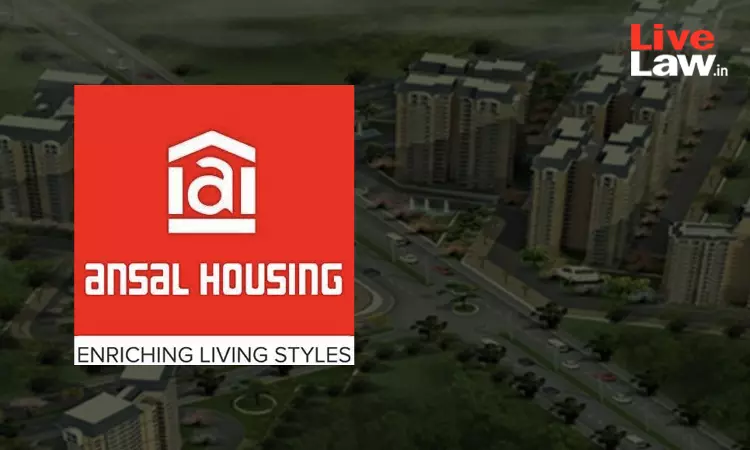Delhi State Commission Holds Ansal Housing Liable For Failure To Deliver Flat Possession Within Stipulated Time
Smita Singh
20 July 2024 4:15 PM IST

Next Story
20 July 2024 4:15 PM IST
The State Consumer Disputes Redressal Commission, Delhi bench of Justice Sangita Dhingra Sehgal (President) and Mr J.P. Agrawal (Member) held 'Ansal Housing Ltd.' liable for deficiency in service for failure to deliver a flat within the stipulated contractual period. The bench held that reasons such as 'demonetization' and court orders banning groundwater extraction were insufficient...
